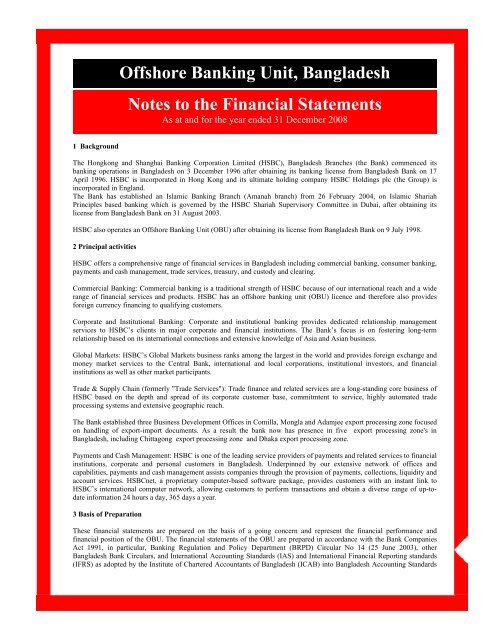Comprehending the Legal Implications of Offshore Firm Development

Legal Structure for Offshore Firms
When developing an offshore company, comprehending the lawful structure regulating its formation and operation is critical for compliance and risk administration. Offshore firms operate under particular regulations and policies that vary from those of onshore entities. The legal framework for overseas firms usually consists of arrangements for firm enrollment, shareholder demands, director responsibilities, and tax obligation commitments.
Firm registration includes sending the required documents to the proper regulatory authorities in the selected jurisdiction. This procedure often calls for detailed details concerning the company's structure, shareholders, and desired tasks. Additionally, overseas firms need to stick to certain shareholder requirements, such as preserving a register of investors and maintaining this details as much as date.
Supervisors of overseas companies have fiduciary tasks to act in the best interests of the company and its shareholders. By sticking to the legal framework governing overseas business, organizations can operate with confidence while minimizing lawful dangers.


Tax Implications and Laws
Understanding the tax obligation effects and guidelines is extremely important when thinking about the establishment and operation of an overseas company. Offshore companies are usually subject to desirable tax regimes, offering decreased or zero tax obligation prices on foreign-earned earnings.
Tax policies for offshore firms differ significantly across territories, and it is vital to look for expert guidance to comprehend the certain demands and responsibilities. Failing to abide with tax regulations can lead to serious effects, consisting of significant penalties, reputational damages, and even lawsuit. Furthermore, offshore territories might have reporting obligations to divulge economic details to relevant authorities. Detailed knowledge of tax laws and policies, as well as proper tax obligation preparation, are vital to ensure the successful and certified operation of an overseas company.
Conformity Needs and Coverage
Guaranteeing compliance with governing requirements and keeping exact reporting are essential elements of taking care of an offshore business efficiently and transparently. Offshore business need to adhere to the legislations and laws of both the territory in which they are incorporated and any kind of other pertinent jurisdictions where they carry out organization.
Along with regulatory conformity, overseas firms are often subject to reporting needs to guarantee openness and avoid unlawful activities such as cash laundering or tax evasion. Coverage obligations may include divulging info concerning the company's ownership structure, financial activities, and beneficiaries. This details may need to be shared with regulatory bodies, tax obligation authorities, or other governmental firms, depending on the jurisdiction.
Keeping accurate and extensive records is critical for showing conformity and replying to any queries or audits successfully. Offshore companies need to implement robust reporting systems and interior controls to ensure that they satisfy all legal needs and operate with stability.
Property Defense and Privacy Laws
In the world of overseas company development, an essential factor to consider is the interplay between possession defense methods and privacy legislations. By structuring properties within an offshore company, individuals can secure their wide range and diversify their holdings throughout various legal frameworks. Eventually, comprehending the detailed partnership between asset security strategies and personal privacy regulations is critical when taking into consideration overseas company formation.
Difficulties and dangers to Take into consideration
When venturing have a peek at this website right into overseas company formation, sensible consideration of potential threats and obstacles is vital for notified decision-making and calculated preparation. Additionally, political instability or modifications in overseas jurisdictions can present a risk to the continuity of operations and the protection of assets held by the overseas business.
Difficulties may likewise occur worrying the complexity of offshore firm frameworks and the need for skilled lawful and economic recommendations to browse the elaborate regulatory structures of different territories (offshore company formation). Maintaining compliance with varying global regulations and guidelines, in addition to prospective language obstacles and social differences, can better make complex the offshore business development process. It is important to be knowledgeable about these threats and obstacles before waging offshore business development to mitigate potential pitfalls and make sure a smooth and legally sound facility
Verdict
In conclusion, offshore business development entails browsing complex legal frameworks, tax obligation effects, compliance requirements, and personal privacy legislations. Recognizing these facets is essential for reducing obstacles and dangers linked with overseas business operations. It is very important for people and organizations taking into consideration offshore firm development to look for expert support to make sure compliance with laws and to safeguard their possessions successfully.
The legal structure for offshore companies usually consists of stipulations for firm registration, investor requirements, supervisor responsibilities, and tax obligations.
Supervisors of overseas companies have fiduciary tasks to act in the best interests of the firm and its shareholders. By adhering to the lawful see framework controling overseas firms, services can run with confidence while decreasing legal dangers.
Furthermore, political instability or adjustments in additional info offshore territories can present a risk to the connection of operations and the defense of possessions held by the overseas company. - offshore company formation
In verdict, overseas business development entails navigating complex legal frameworks, tax ramifications, conformity demands, and personal privacy legislations.